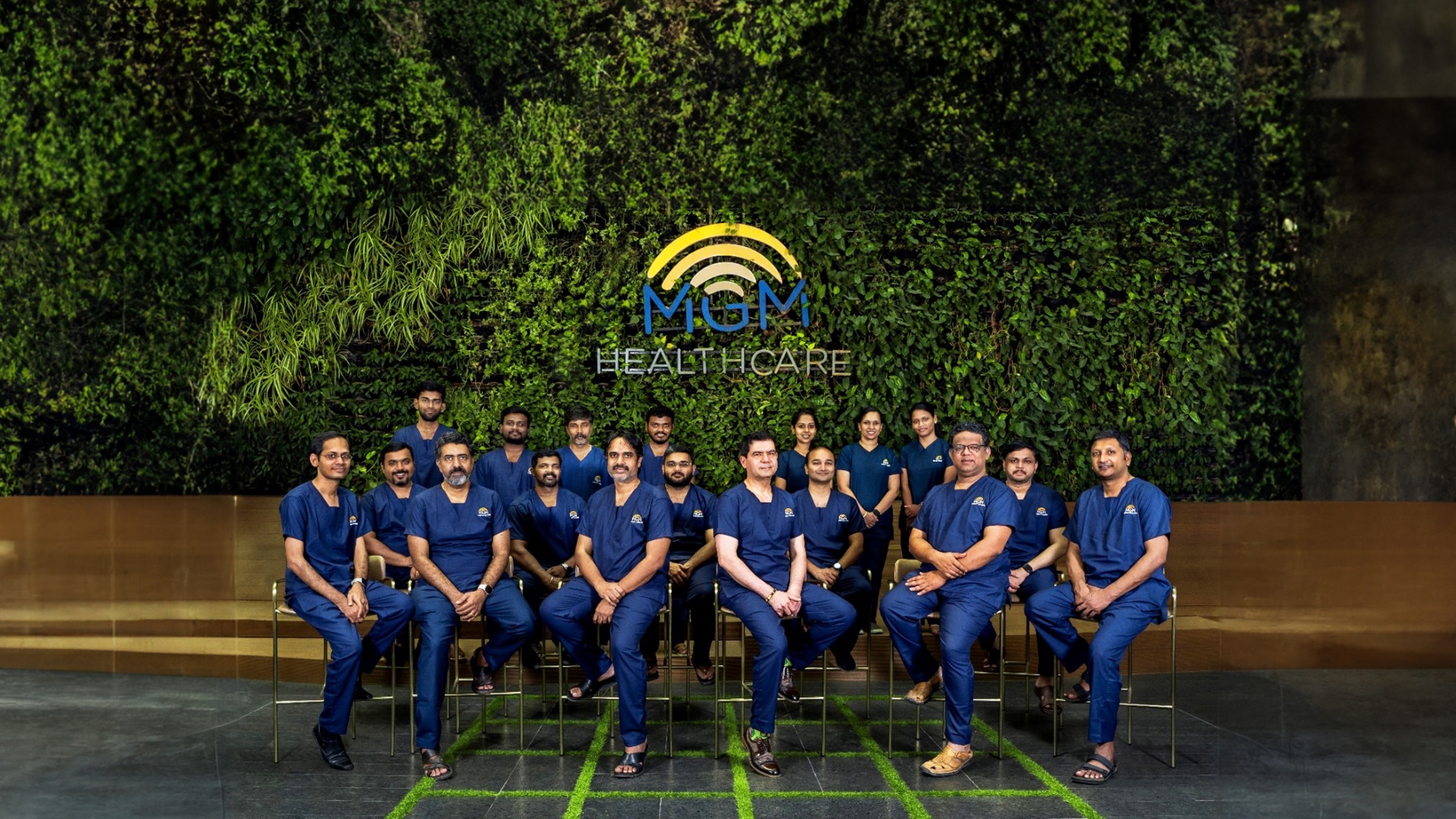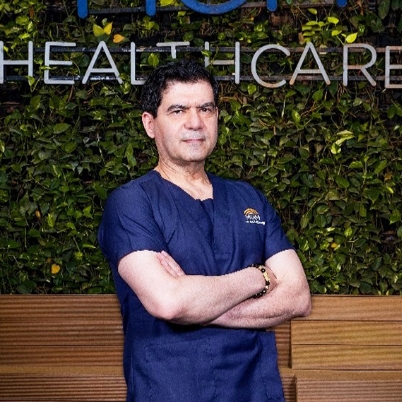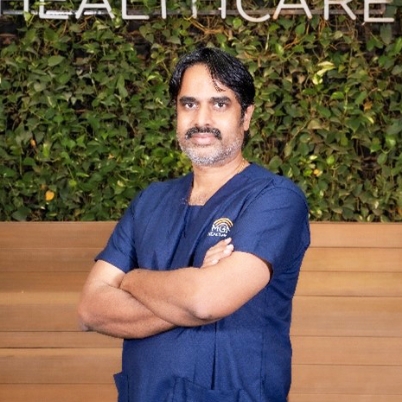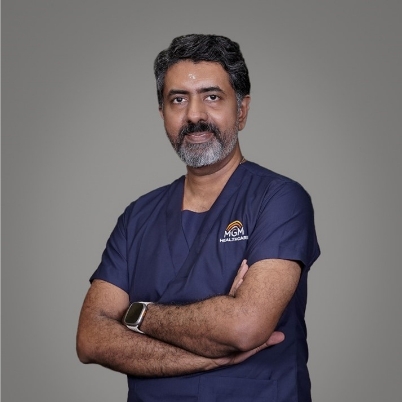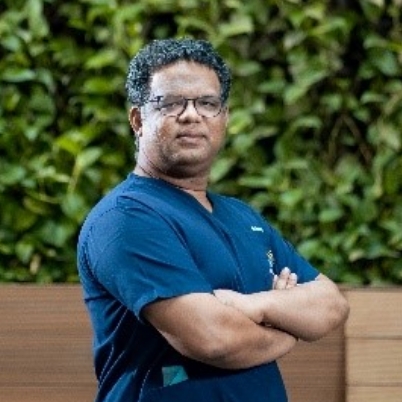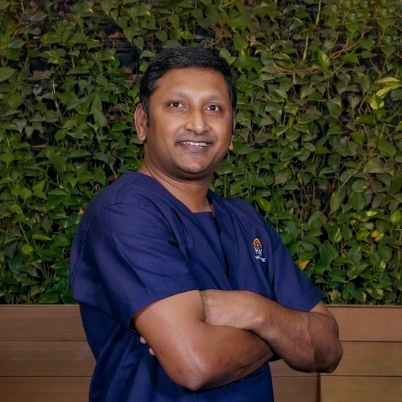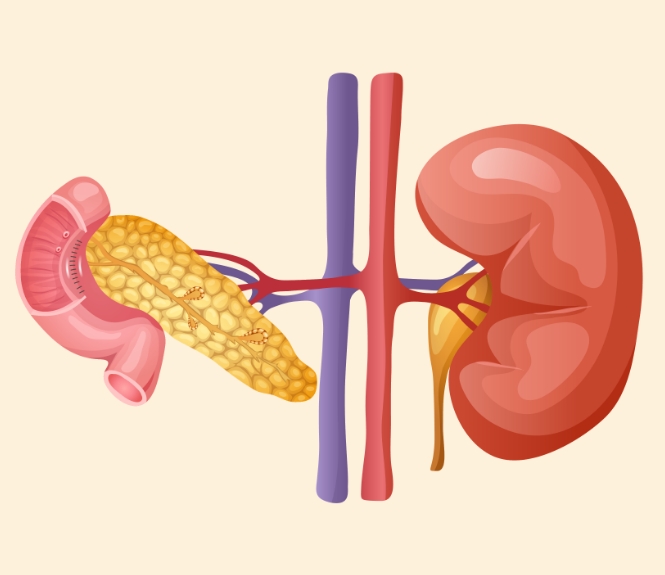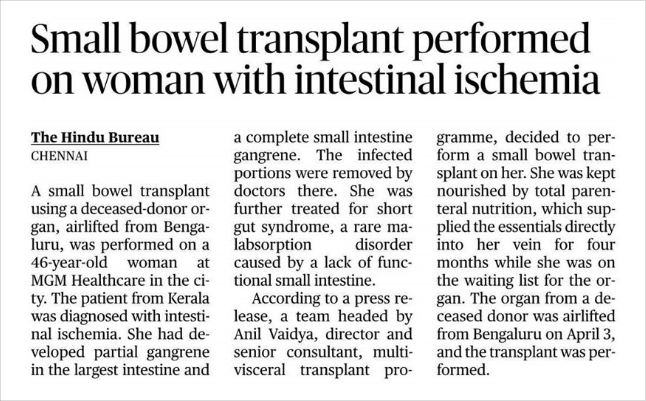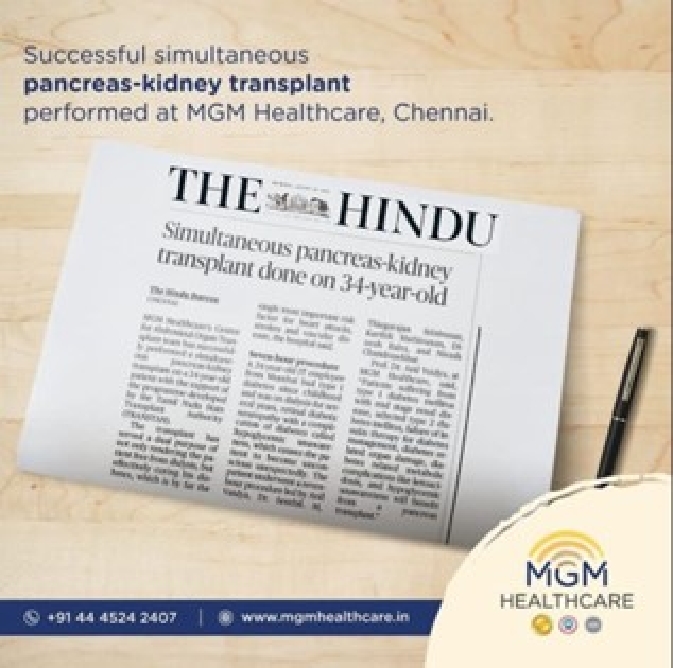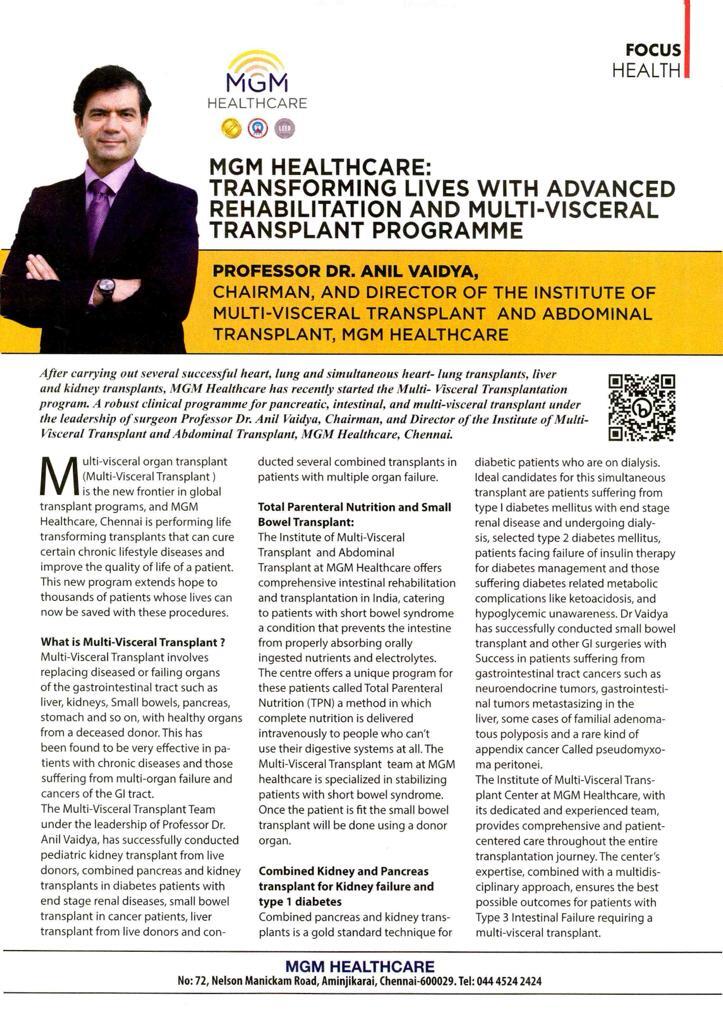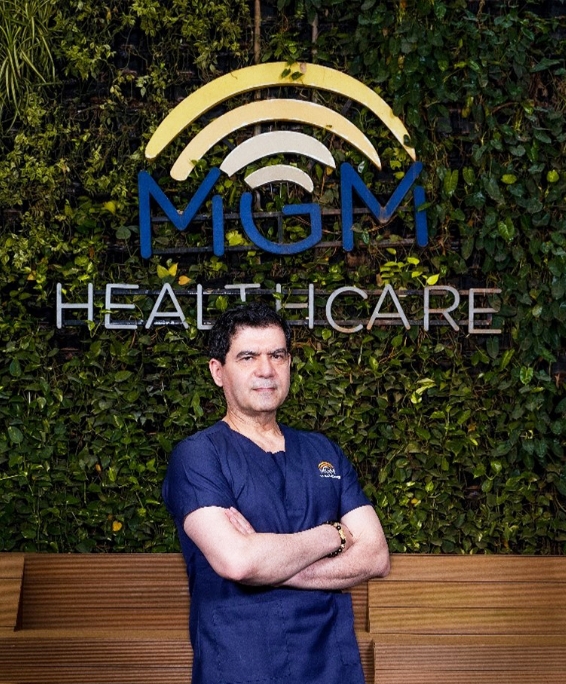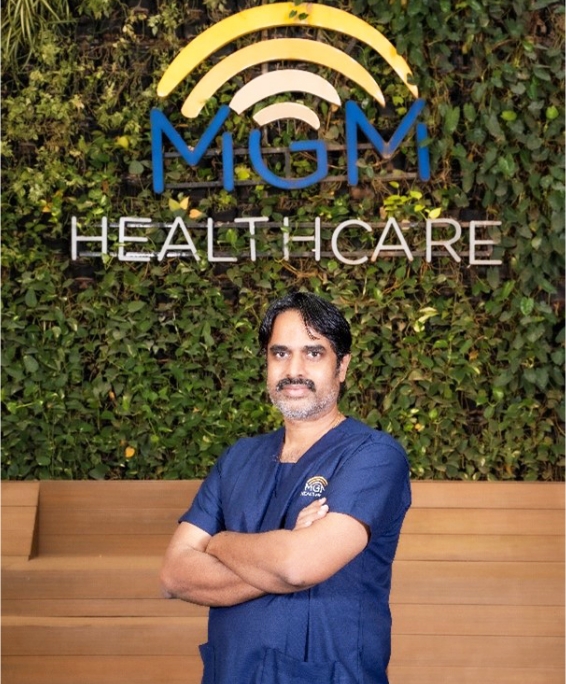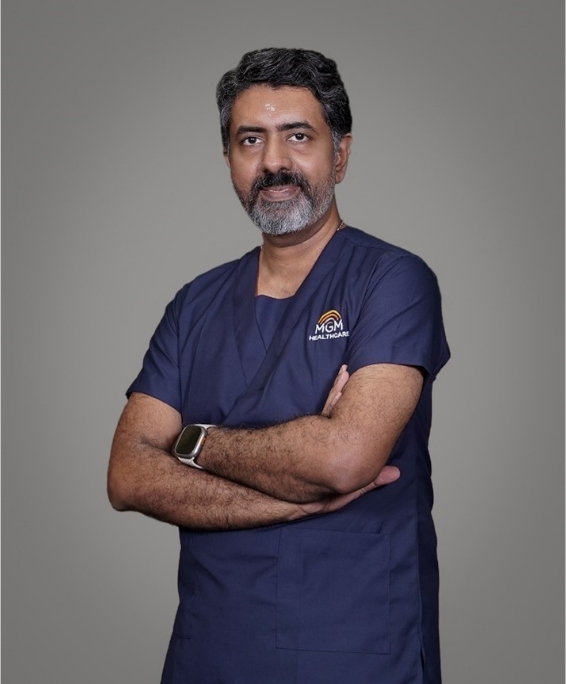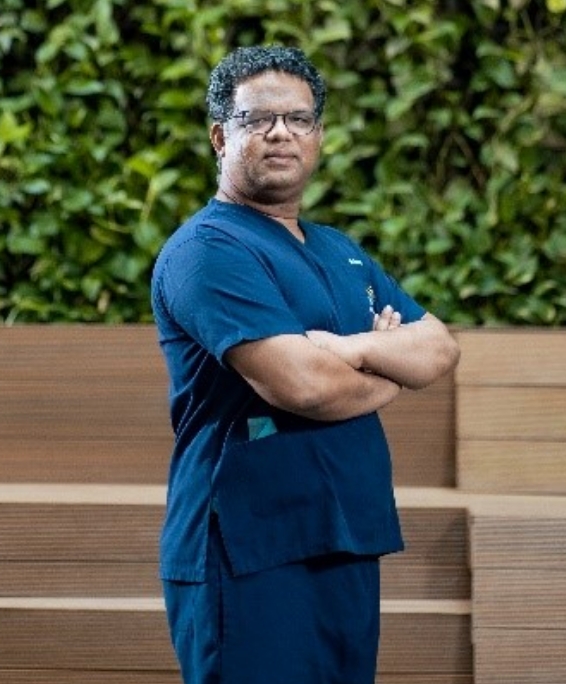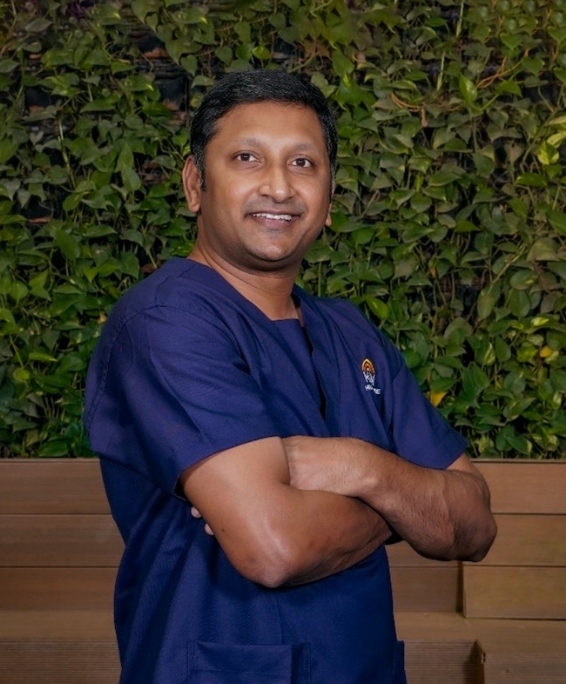Motility Disorders
(Chronic Intestinal Pseudo-obstruction - CIPO):
Motility disorders, also known as CIPO, occur when the function of the small bowel, including its movement, becomes impaired, while the anatomy and length of the bowel remain intact. Symptoms can mimic bowel obstruction and include severe abdominal pain, distension, bloating, nausea, vomiting, and difficulty eating.
Intra-abdominal Non-Metastasizing Tumors:
In some cases, intestinal failure can be attributed to intra-abdominal tumors that progressively obstruct the bowel. Surgical removal of the tumor may require resecting the entire affected intestine, necessitating a transplant. These tumors grow locally and can impede the intestinal blood supply, leading to severe complications.
Other Causes:
Additional causes of intestinal failure in adults include ischemia (insufficient blood supply to the intestines), Crohn's disease (a chronic inflammatory bowel disorder), trauma (such as severe abdominal injuries), volvulus (twisting of the intestine causing obstruction)

